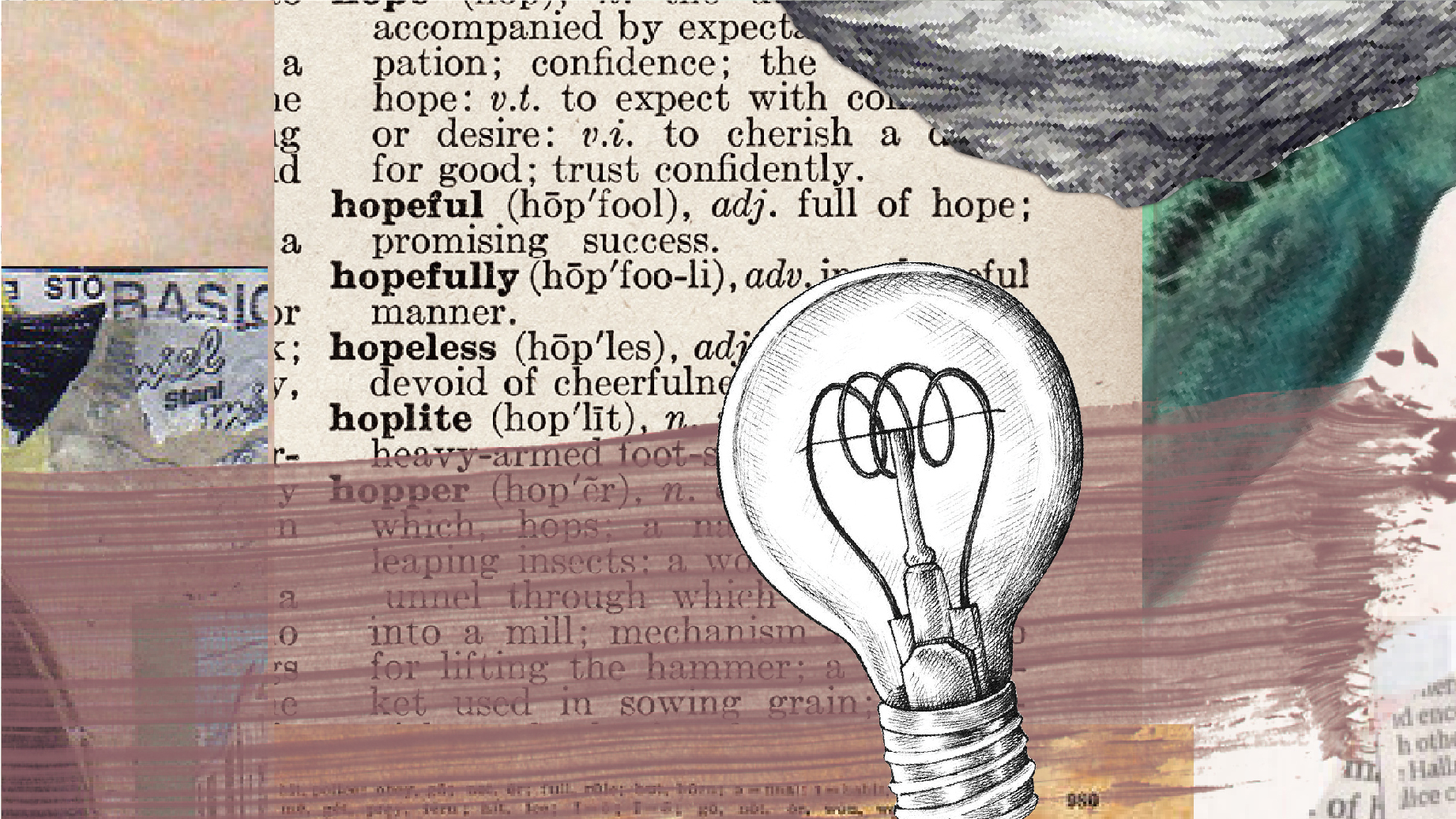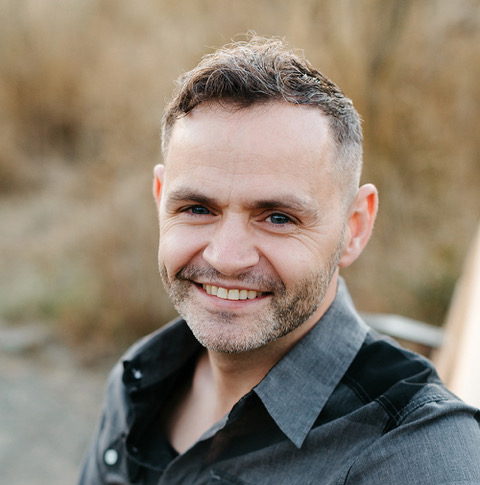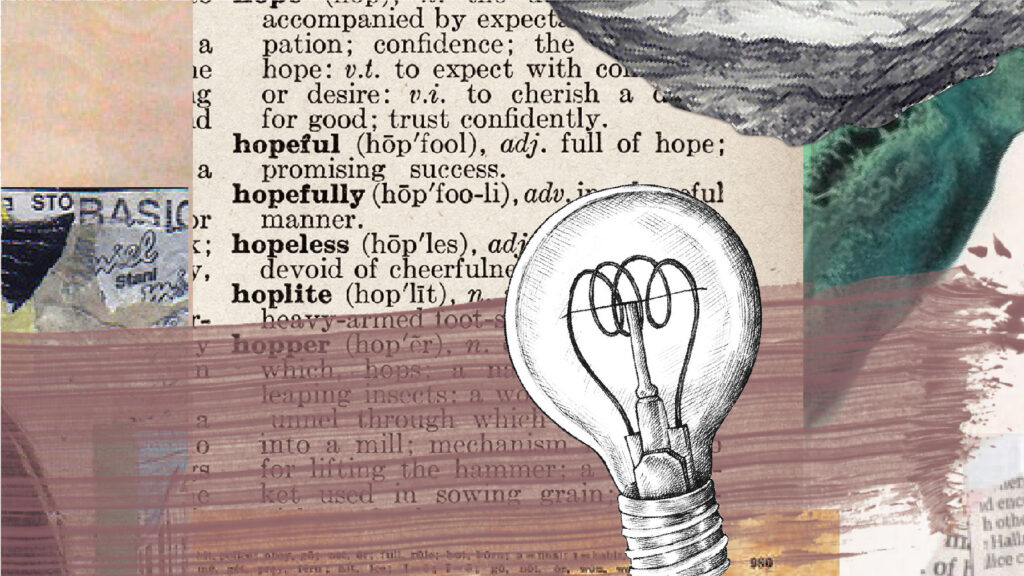
Our world is captivated by success. The cult of celebrity. Reality TV. The pursuit of wealth, status, and power. Materialism. Ladder climbing. Most kids now dream of being social media influencers when they grow up. Disfigured by the Fall and raised with the Darwinian narrative of “survival of the fittest” in the background, we can’t help but crave power and influence.
Sadly, the church doesn’t look a whole lot different from the world in this regard. We too are fixated on power and influence. We define church success by numbers—attendance, budget, baptisms. We exalt the megachurches and follow “celebrity” pastors. We elevate the people on platforms over the people serving faithfully in the background. Staff members and church leaders vie for power. We relish being “new,” “novel,” “fastest growing,” or any label that sets us above.
In our fallenness, we are fixated on self. We are blinded by the desire to be Godlike (Gen 3:5) and have unconsciously adopted its corresponding aversion to weakness (because any hint of weakness reminds us of the limits we work so hard to deny). We have inherited from Adam and Eve patterns of hiding and covering our guilt and shame (Gen 3:7-10), and on top of these develop deep-rooted coping mechanisms and defense strategies to help us self-protect as we navigate life. We put our value in good grades, we seek perfection, we people-please, we hide behind knowledge, we put our security in our bank balance, we fixate on our appearance, we avoid conflict, we rebel and hide our insecurity behind our brashness, we foster a critical spirit, and on and on.
These habituated patterns do not disappear at the point of salvation. We enter the Christian life with “long-standing and complicated stratagems to depend on self-rule rather than God’s rule, and these stratagems are deeply embedded in [our] characters.”1 We put Christian clothing on our brokenness, hiding behind church attendance, Bible studies and memorization, serving diligently, theological nitpicking, sexual “purity,” being a leader, giving, being passionate, or excelling in our giftedness—anything that provides a feeling of mastery or sense of control. We learn what a “good Christian” is supposed to look like, then hide our brokenness behind the portrayal of holiness and judge those who don’t fit the standards we create. These autonomous endeavors may bring some growth for a time, but ultimately “lead to self–righteousness (for those who can pump up the requisite willpower) or self–condemnation and despair (for those with less stamina to get their wills going in the right direction).”2 We end up trapped in pseudo–discipleship bereft of the transformative power of the Spirit. We learn about God and engage in practices designed to foster spiritual growth but do so cut off from the source of power. Our weakness-masking stratagems are so deeply rooted that we are often blind to their existence and reluctant (or unable) to surrender them. The situation is bleak: we are averse to weakness, habituated in weakness-masking patterns, and blind to our predicament.
Embracing our weakness is so countercultural to the world’s pattern that it often takes significant intervention, usually in the form of adversity, to strip us of our self-reliant mechanisms and awaken us to the value of weakness. Challenging seasons “push these mechanisms past the breaking point so we find out where we need to grow.”3 Through adverse circumstances we are lovingly led to a place of powerlessness in which we are confronted with our creaturely weakness, humbled as we embrace our weakness before him, and are led to greater dependence on God. Hardship is a common catalyst for deepening spiritually (see Rom 5:3–5 and 8:16–18; 1 Pt 1:6–7, Jas 1:2–4, and Heb 12:7–11).
Suffering is not transformative in and of itself. To argue that God uses suffering transformatively is not intended to be an endorsement of some sort of Christian masochism. Though Christians are called to rejoice in suffering (Jas 1:2-4), this does not mean they are asked to enjoy suffering. We are able to rejoice in our suffering because we hold to the hope that God co-opts the trials we experience to shave off the rough edges and make us more like Jesus. As Christians we fix our eyes on Jesus and rejoice that through his willingness to enter into human weakness and suffering, he has defeated the powers of darkness. He has proven God’s ability to direct even the worst circumstances toward his good ends, the cross and resurrection the primary evidence! In Jesus, suffering takes on new significance.
Something transformative happens when one clings to Christ in the midst of adversity, yet the normal human reaction is to try to escape suffering using everything within one’s power to do so. We do this because we feel powerless in adversity; and it is this state of powerlessness we are most afraid of. Pastor and professor Jeremy Treat offers a gentle caution to those who seek to escape suffering,
God is not waiting for us on the other side of suffering; he meets us in our suffering. This doesn’t make suffering easy, but it does make it meaningful. God is with us in our suffering, he transforms us through our suffering, and one day he will put an end to our suffering . . . Why? Because our weakness is a showcase for the glory of God’s strength.4
In adverse circumstances the illusion of Godlikeness is shattered and the pursuit of autonomy fails. When circumstances are beyond our control and all our personal resources are exhausted, we are faced with the reality of our limits, our creaturely weaknesses, and our need for external assistance.
The call to persevere in affliction is transformative at least in part because it is a call to embrace weakness before Christ. In persevering—indeed by leaning into weakness—we are led to (1) acknowledge the God who is sovereign over these afflictions; (2) understand our creaturely position in relationship to him and the limitations of our human abilities; (3) consider his gracious care and concern as he uses these circumstances for the good of his children, and (4) humbly submit to the Father who is cultivating holiness in his children. The theology of weakness allows us to see “there is a purpose to [suffering], and if faced rightly, it can drive us like a nail deep into the love of God and into more stability and spiritual power than you can imagine.”5 While it is possible to interact with biblical teaching and grasp these truths at an intellectual level, it is often only as we navigate the trials of life that these biblical principles move from the head to the heart, from explicit to implicit knowledge. It is only as we come to surrender our deeply held self-exalting patterns, often through seasons of compounded difficulties that lead us to the end of ourselves, that we willingly face our weakness and come to a place of true dependence upon the one who works all things for the good of those who love him.







